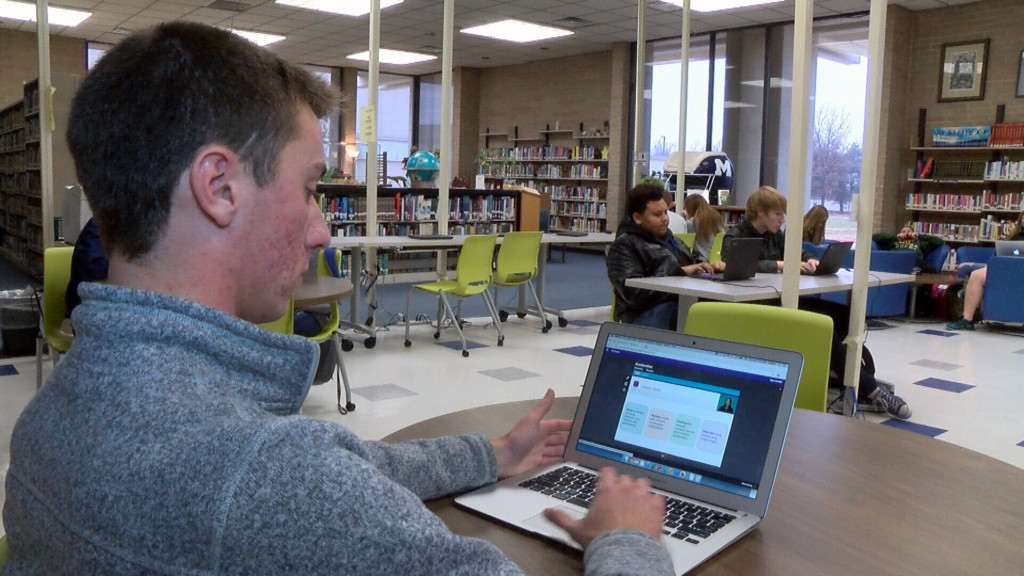
By Marjorie Sanders |
As a student and as an education professional, I always notice a few butterflies in my stomach when back-to-school season rolls around: excitement about the freshness of a new school year, nervousness about what’s to come, and a hunger to succeed (tempered, of course, by the requisite self-doubt that keeps us all humble). This year, though, it feels different.
Schools at every level nationwide are transitioning (in full or in part) to online courses and programs in light of the ongoing COVID-19 pandemic. For some students, this will be the first venture into virtual education. The uncertainties that accompany ‘normal’ school years are amplified online: if you can’t find your classroom on campus, you can likely find a fellow student or a staff member close by who can point you in the right direction. The surprising luxury of being unsure together, in the same space at the same time, doesn’t exist in quite the same way on the virtual campus. That added level of separation when most of us have already spent months in relative isolation can make the online classroom feel even more remote.
Distance learning doesn’t have to be so distant, though. In fact, online education can offer a very real learning experience and much needed social connection if we approach it with a bit of planning (and a positive mindset).
Treat the online classroom like a “real” classroom. Show up for class. Engage with your classmates and professors (trust me, they’ll be glad to hear from you). Ask questions and share insights. The more you put in, the more you’ll get out.
Create a workspace. Working and learning from home is a challenge. To help you stay focused, dedicate a space—no matter how small—to your studies. Whether that means clearing off part of the kitchen table or designating an entire room, the point is to create an intentional place to work. Plus, keeping your schoolwork separate from your leisure/comfort spaces will make those (comfort) spaces feel like a respite from school instead of an extension of the classroom.
Pace yourself. Time management is critical. Even self-paced courses that operate without due dates will have firm end dates by which all of your assignments must be submitted. If nothing else, mark your start, end, and midterm dates on a calendar so that the end of your course doesn’t sneak up on you. If possible, set a weekly schedule and stick to it. If scheduling blocks of time doesn’t seem practical, create goals instead: read the unit 1 materials today; post to unit 1 discussion by Friday, etc.
Communicate. The online education experience is enhanced through communication. While being engaged in class is critical, that engagement and interaction should extend past your discussion posts. Maybe you’d like help navigating the online learning system, or are unsure about APA formatting, or need help getting started with research. No matter what ‘the thing’ is, you don’t have to figure it out alone. Email or call your professors if you have questions (or just to check in). If you’re not sure who to contact, try calling the main operator at your institution—they’ll likely be able to direct you to the department or person that can help.
While these tips can help with the transition to online learning, there are some of us that may still struggle with distance education or who may even opt out of online learning altogether. If that’s you, give yourself some grace. There are a lot of ways to make online learning better, but it’s okay if it’s just not a good fit, too. We all learn differently.
If you have experience with online learning, what tips or strategies have you found to be helpful? Let us know in the comments!
Marjorie Sanders serves in the Student Services department at the United States Sports Academy. Marjorie is currently a graduate student at The University of Alabama where she is completing her master’s in higher education administration and policy. msanders@ussa.edu.